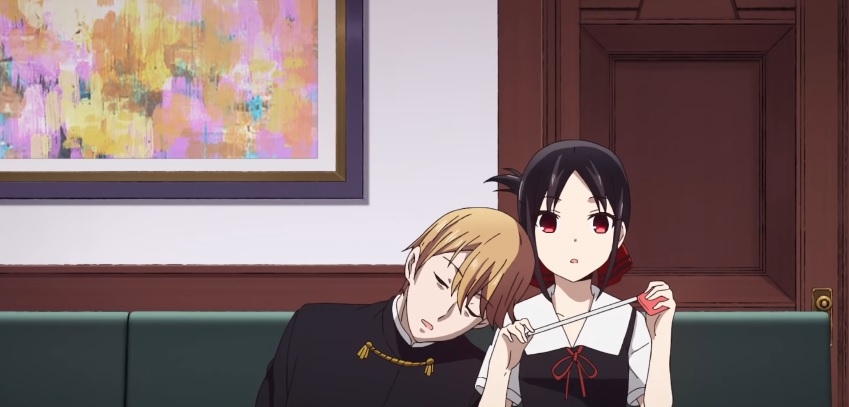
My article 5 Ways to Handle After-Anime Depression surprised me with the amount of comments people have posted. Feeling sad or empty after finishing a story that resonates with you is a common experience for anime fans. Now, many people would roll their eyes at this idea. “It’s a cartoon! It’s not reality. Save your feelings for what’s real” or “Get a grip,” these people would say. These same people, however, cheer when their favorite sport team wins or gets sad or angry when that sport team loses. (I like to call major sport fans, sportaku).
Sport-related emotions are more culturally acceptable for Americans than anime-related emotions. The difference reduces to what a culture values. In the case of American culture, it values competition, winning, and belonging (identifying with such-and-such group or team). Otaku-culture, on the other hand, values character and story identification–the idea of a character or a story speaking to you because of shared experiences or personality appeal. Both emotional experiences are valid despite the cultural script differences. The feeling of sadness after finishing an anime speaks to how deep the story or characters touched you. Story is the oldest way humans learn who they are, learn their values, and learn about the world. So it shouldn’t surprise that story can “hit you in the feels” because of the way story interacts with the deepest parts of the human mind. Story teaches life lessons–sparing you from learning through experience–,virtues, social skills, and a perspective of reality. Story also remains with you for longer than textbook-style lessons because of the emotional links it creates. So, in other words, when you feel sad after finishing an anime, you’ve learned something important from the story. Sometimes you don’t know what that something is until you encounter a similar situation. Your subconscious works behind the scenes.
So all of that is to say: your feelings of sadness about anime are valid and point to something you’ve learned from the story or some other sort of resonance. However, the validity of your emotional experience also brings responsibility. Although it doesn’t feel like it at the time, emotions sit within your ability to control. This doesn’t mean you ought to suppress them–although in some situations that is necessary for a time; rather, you ought to acknowledge them, figure out what those emotions point toward, and let the emotions pass. Emotions work like a compass, suggesting a direction, decision, or lesson you should consider. However, you also shouldn’t act solely on emotion. Often, they can lead you astray because of their temporary nature, and, yes, despite how you may feel after finishing a good anime or story, your emotions are temporary. Emotions last longer when you renew them, and you renew them by focusing on them, by holding onto them.
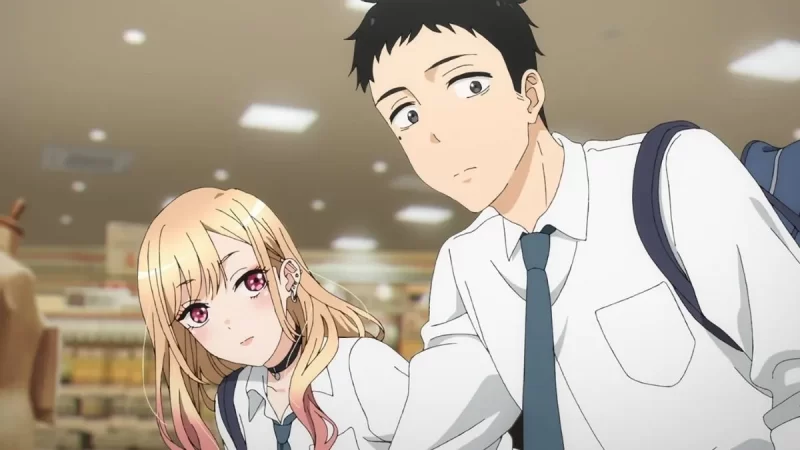
Emotions aim toward something you should consider: such as a life lesson, a decision, or some other change. If you feel depressed about your obesity, for example, that depression points you toward the necessity to take action: eat better and less, exercise, and ferret out the causes of the depression. Depression can be a friend that points you toward underlying problems. Of course, avoiding the work to find the cause of depression makes depression a problem! Too little control over emotion damages you just as too much control over emotion damages you. As Yamaga Soko, a Bushido writer, stated:
When you’re careless and inconsiderate, you became negligent and thus lose control over your mind, letting emotions and desires take over.
Carelessness and inconsideration for yourself (and for others, of course) leads you to lose control over your mind. Emotions, in such cases, consume you. While emotions and desires are valid, you cannot allow them to control you. You have the responsibility to yourself to examine what emotions want you to pay attention to: what changes you should consider making, lessons to consider, virtues to develop:
- Look at what scenes or characters of an anime resonate with you.
- Why do they resonate?
- What can you apply to your own life?
- What do the scenes or characters point to in your own life?
- Put the lessons you’ve learned into action.
By doing this, you honor the role stories play in learning throughout human history. You also put your emotions into action instead of seeking to escape them or allowing them to consume you. By learning how to handle emotions caused by finishing an anime, book, or even watching an American football game, you practice how to acknowledge and handle emotions for life-changing events you will face. The death of loved ones, for example, will alter your life, and death is unavoidable, so you may as well learn how to deal with strong emotions using stories to prepare yourself. While it seems silly to equate feeling sad about an anime show to emotions surrounding death, emotional practice is emotional practice.
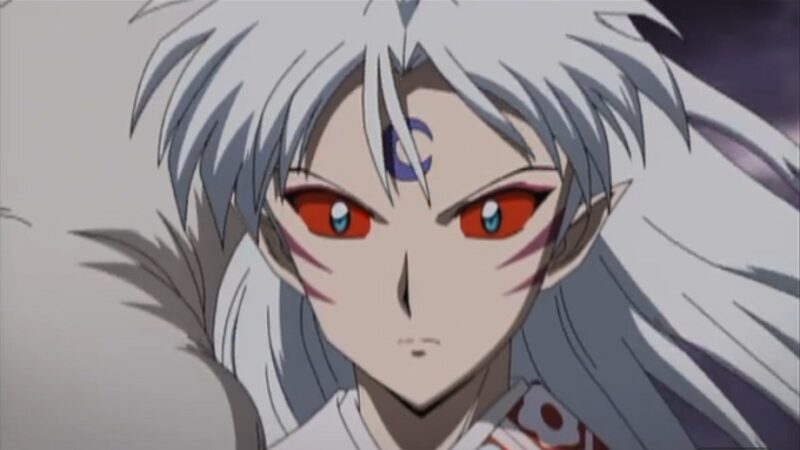
Don’t misunderstand. I don’t advocate for emotional suppression. Emotional control, however, acknowledges and feels emotions without locking the emotions down nor allowing those emotions to marathon or frenzy. Self-control takes practice, and suppression remains a risk if you fail to acknowledge and listen to the emotions. Emotions, like thoughts, aren’t anything to fear. They aren’t you, nor do you have to act upon them. You are the awareness sitting behind, and apart from, emotions and thoughts. Don’t believe me? Take a moment to look at your mind. Notice how you are reading this sentence. Now notice how your attention has shifted. Perhaps it shifted to a message on your phone. Maybe it shifted to an itch on your arm. Notice how you notice this. This state of noticing is what you are: awareness. You aren’t your thoughts or your body or whatever you think your identity is. You are Awareness. I find that fact helpful when a strong emotion hits me. The fact I am Awareness allows me to step back, yet still feel that emotion without being consumed by it. It takes practice.
The point of story is to practice for life and to learn in a safe place. You practice through the characters or situations of the story whether you realize it or not. The emotions you feel after finishing an anime, manga, book, video game, or some other story are healthy and valid. They are common to being human, so don’t feel like they make you a freak or anything of the sort. Humans are storytelling beings; storytelling is our defining trait. But don’t use this fact as an excuse to do nothing and allow emotions to control you or define who you are. You are water that reflects the moon, not the moon nor the waves caused by a storm. Water experiences those things, but it isn’t those things. Given time, water settles and returns to its nature of pure awareness.

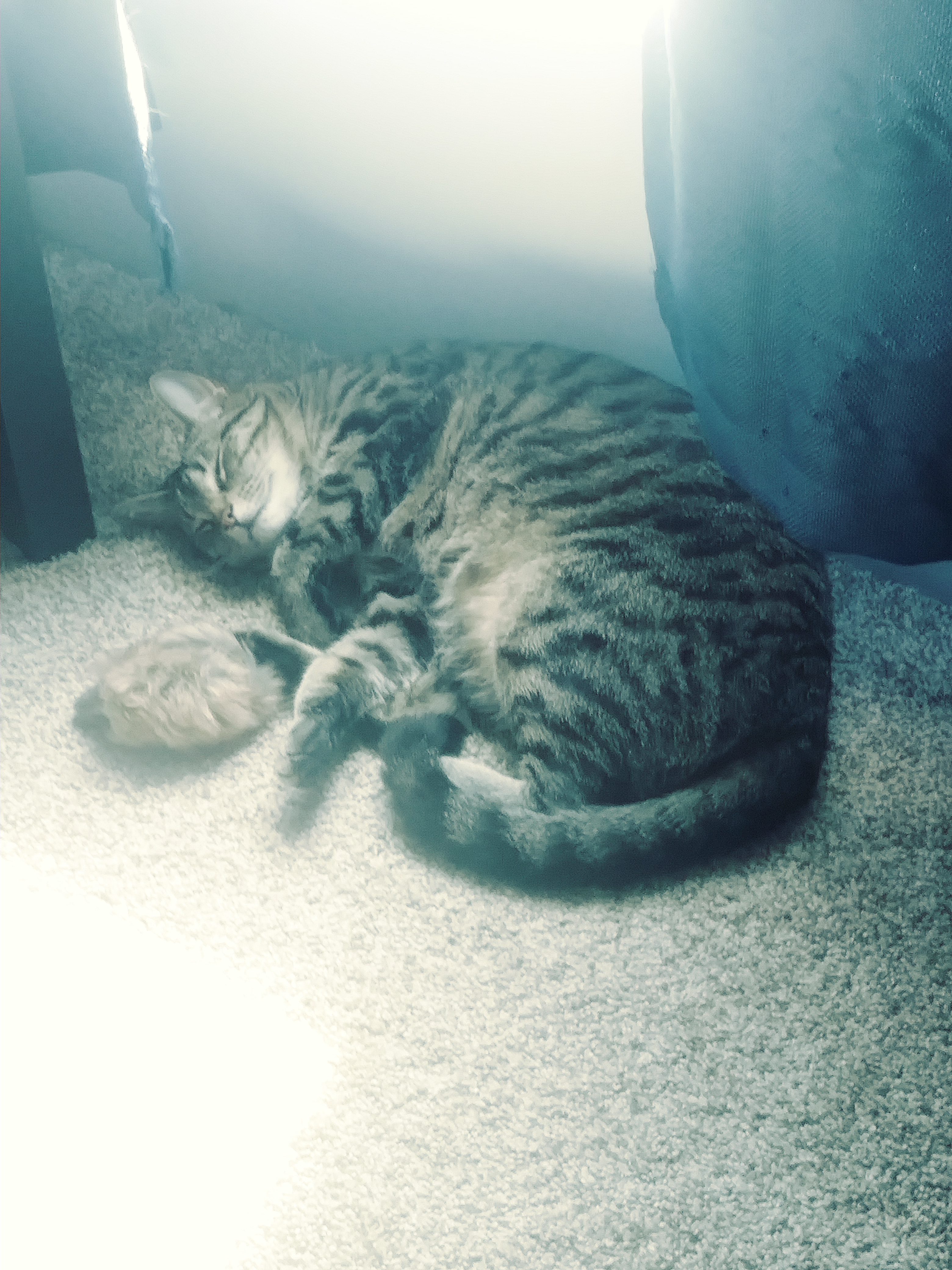
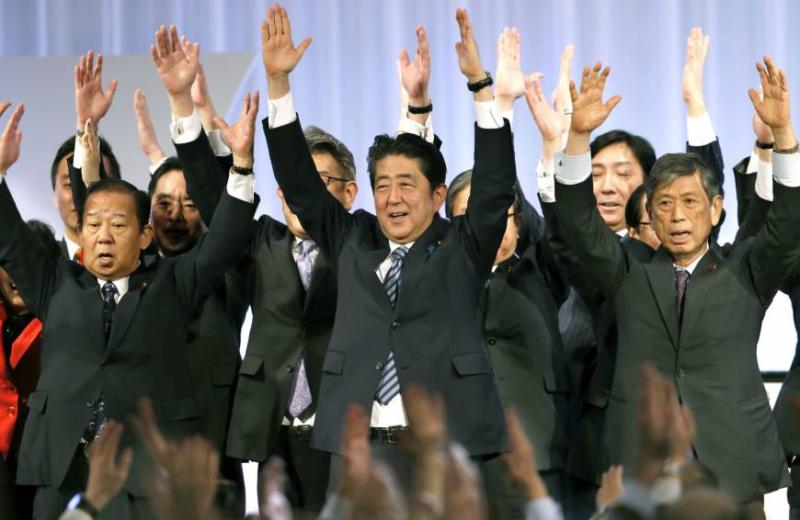
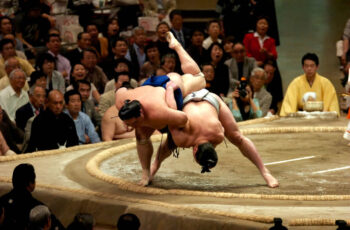
I think there’s in general a sense of loss whenever the story of some safe consistency in our lives comes to an irrevocable end… whether a particular relationship with a family member or a pet, an engaging series of books with established characters, or a completed story arc that’s told in some other way. They’re uncomfortable transitional moments of “leaving a nest”. But that’s also how we grow to have new and greater experiences. I don’t know that the emotional outlet of vicarious team sports teams are quite the same in that way, since their “stories” are group experiences, infinitely resurrected, and removed from any real consequence other than the temporary label of “loser”. And in the former case, one psychologically participates in events. While in the latter, one merely observes from a safe distance.
I considered this when I watched Naruto. For many fans, the story grew with them, from childhood, to teen, and into adulthood. To experience a story like that would be quite an experience! It would be a constant and an end of a era during the show’s final season.